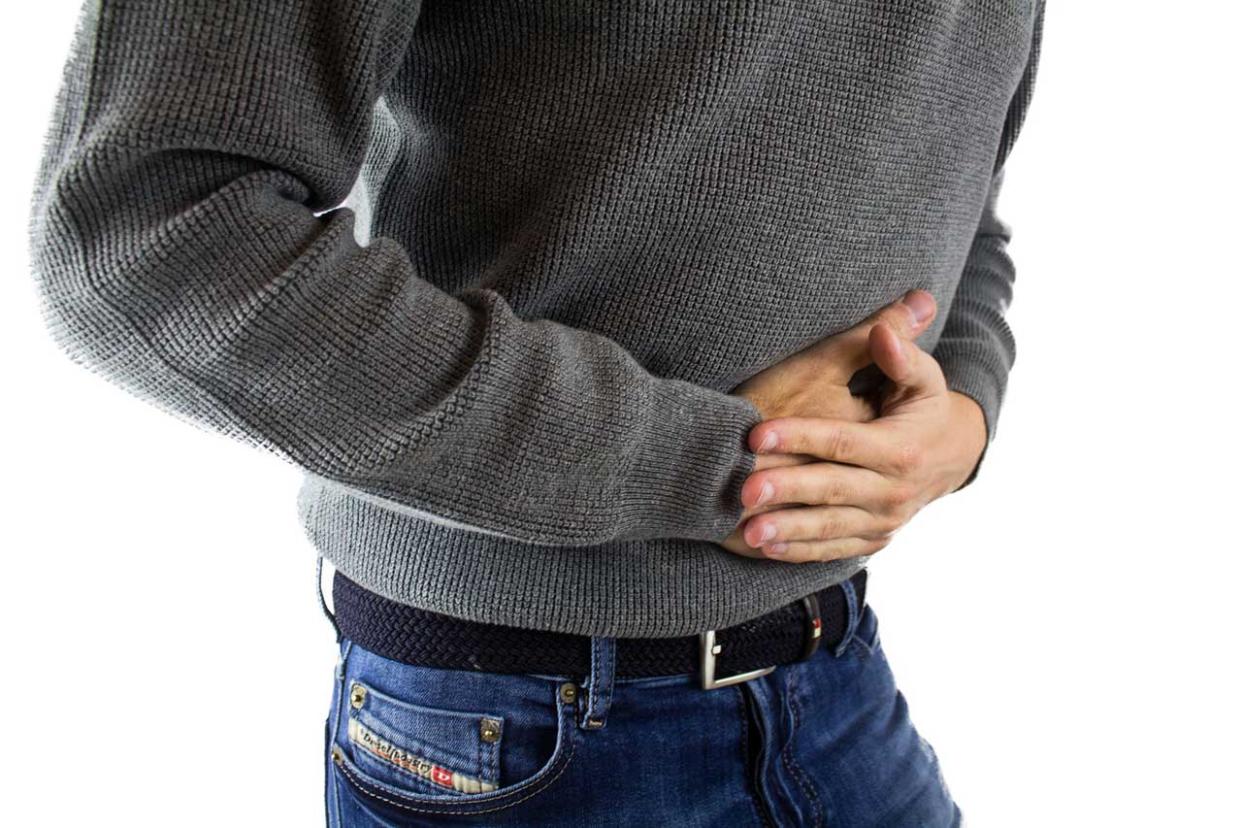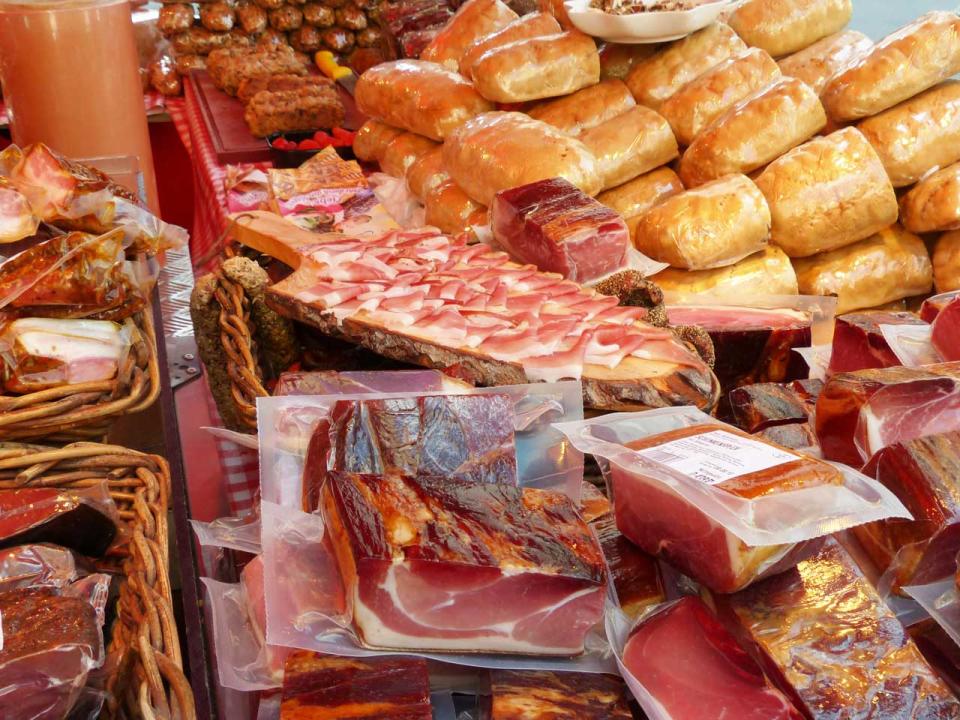Avoid salted, smoked and pickled foods and reduce your risk of stomach cancer

Consuming an excess of salted, smoked and pickled foods increases your risk of stomach cancer, one of the top 10 cancers among men and women in Singapore. While the rates of stomach cancer are declining worldwide, they remain high in Asia.
According to the Singapore Cancer Registry Annual Registry Report 2015, stomach cancer (also known as gastric cancer) was the seventh most common cancer among men and the ninth most common cancer among women in Singapore in 2011-2015. Stomach cancer usually affects older people aged 50 to 70.
A diet low in fresh fruits and vegetables, stomach diseases such as Helicobacter pylori (H.pylori) and chronic gastritis are other risk factors for stomach cancer, says Dr Faye Lynnette Lim, Consultant in the Division of Radiation Oncology at National Cancer Centre Singapore.
Smoking and exposure to second-hand smoke also raise your risk of developing stomach cancer, which usually begins in the mucus-producing cells that line the inner layer of the stomach. If untreated, the cancer can spread to nearby organs such as the liver.
Stomach cancer tends to develop slowly and it can take years for symptoms to appear. Early symptoms, which are common to other conditions, may go undetected which is why stomach cancer is often diagnosed at an advanced stage.

Symptoms of stomach cancer
Early stage:
Indigestion, stomach discomfort
Bloating after meals
Mild nausea
Loss of appetite
Heartburn
Advanced stage:
Blood in stools
Vomiting
Unexplained weight loss
Stomach pain
Jaundice (yellowing of eyes and skin)
Ascites (build-up of fluid in the abdomen)
Trouble swallowing
How is stomach cancer treated?
Treatment depends on the stage of the cancer and includes:
Surgery: This is the preferred option and can involve partial or complete removal of the stomach. Nearby lymph nodes are also removed. Endoscopy may be used if the cancer is small.
Chemotherapy: This may be given before surgery to help shrink a tumour or after surgery to kill any remaining cancer cells.
Radiotherapy: This may also be given before or after surgery, and is often combined with chemotherapy.
Dr Lim shared some tips for living with stomach cancer. Eat small, frequent meals, and “make sure meals are of high calorific content”, she advised. Take your medications regularly, and consult your doctor before starting a new diet or taking traditional medicine. Seek early medical help if you are not feeling well or have new symptoms.
From a lifestyle perspective, Dr Lim advises gentle exercise and stopping smoking.
Related stories:
Lilly’s stomach cancer drug meets main goal, but fails to improve survival rate

 Yahoo News
Yahoo News 
